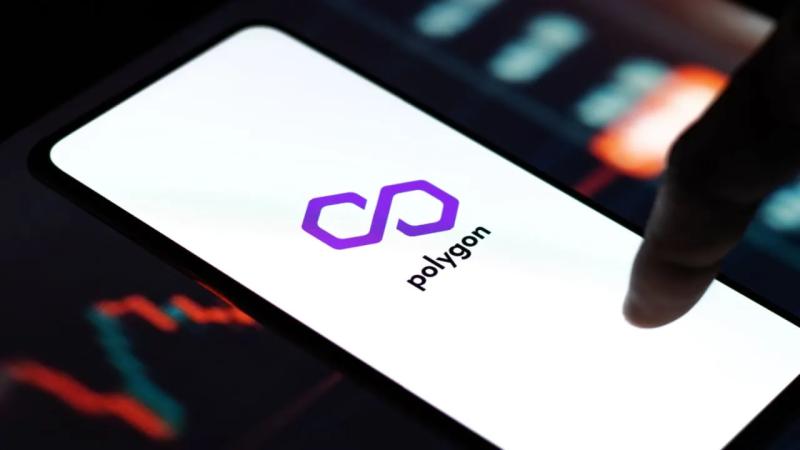Polygon takes another step towards decentralized governance, unveiling a new proposal to form a new 13-person protocol council.
Andrew Asmakov2 min read
Your Web3 Gaming Power-Up
Enjoy exclusive benefits with the GG Membership Pass
Decrypt’s Art, Fashion, and Entertainment Hub.
Discover SCENE
A new Polygon Improvement Proposal (PIP-29) has been introduced that would establish a 13-person governance body to execute upgrades to system smart contracts for existing and future Polygon protocols.
The proposed members of the inaugural Protocol Council include Polygon co-founder Jordi Baylina, Viktor Bunin, protocol specialist at Coinbase, the Ethereum Foundation researcher Justin Drake, ️and Cometh CEO Jerome de Tychey, among others.
Polygon is an interoperability and scalability solution for building Ethereum-compatible blockchains, with the MATIC token playing a key role in governance, staking, and covering gas fees.
Acting through a Gnosis Safe smart contract, the council will be responsible for regular and emergency upgrades, with the initial scope of responsibility covering the POL Migration Contract and Emission Manager Contract. The concept of Polygon 2.0, the—was unveiled in June and envisions the launch of a brand new token called POL, which will replace MATIC.
Modifications to these contracts can be made either through a standard change route requiring a 7/13 consensus of the Protocol Council with a 10-day timelock or through an emergency change route that demands a 10/13 consensus and does not involve a timelock.
The move is aimed at creating a framework for decentralized ownership and decision-making for the Polygon ecosystem and serves as an initial step toward the ultimate vision of Polygon 2.0 governance: an on-chain, trust-minimized, and community-driven framework for effective and decentralized decision-making.
Subsequent proposals will further formalize this framework in the future.
In the future, the community will play a significant role in shaping the composition and guidelines of the Council. This will be achieved through direct feedback, proposals under the PIP framework, as well as through off-chain and on-chain voting mechanisms.
Edited by Liam Kelly.
